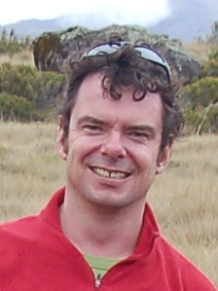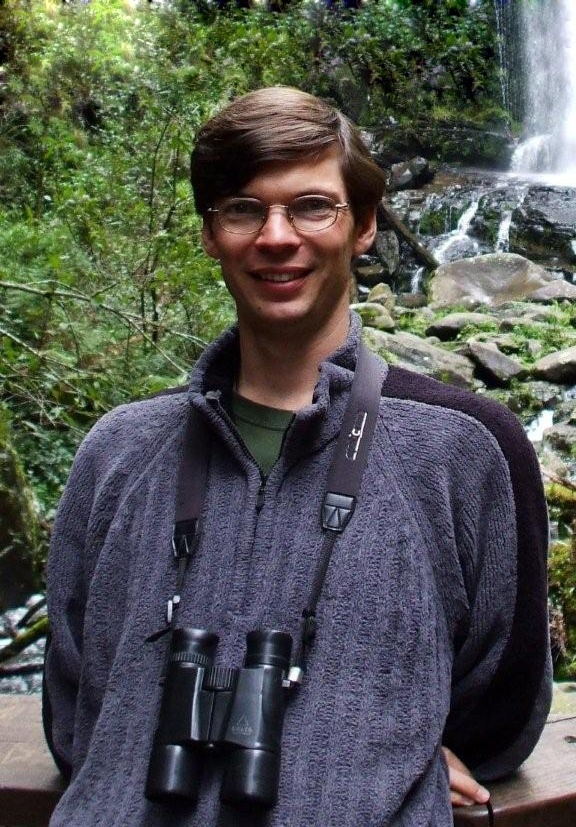Supporting the sustainable management of tropical ecosystems
-
Case study
- Environmental Sustainability and Resilience
Posted on 4 May 2022
We have produced innovative tools and data-based insights to improve the management of ecosystems, benefiting these areas and the people and wildlife who inhabit them.

Research findings have played a significant part in securing the future of the forest, but by forming a collaboration between charitable organisations, government and universities, we have a much better chance of conserving this important landscape and the animal and plant life that exist there.
The issue
Ecosystems across Africa are bearing the brunt of changing and more variable climates, growing populations and greater demands on natural resources to support development. This prompted us to develop and apply a land-use scenario modeling tool, ‘Kesho’ that combines local perspectives, with environmental and social data. Kesho produces insights into land cover change at national and local scales at 2030 and 2063 to resonate with the Sustainable Development Goals and the development agenda of the African Union. Kesho outputs plan for the future allowing us to get ahead of the rapidly changing relationships between people, their land .
By assessing the impact of change on plant and animal biodiversity, population density and biomass we can demonstrate the importance of protected areas for supporting development.
The research
Our research aims to measure and improve the management of threatened ecosystems.
We test new methods for tropical forest restoration and forest landscape restoration planning in a number of African countries and the broader tropics. The data collected highlights the value of conservation and the need for sustainable management of threatened forests.
Our work includes surveys of local village wellbeing and welfare alongside protected areas, conservation, breeding and planting threatened species and educating the public and professional staff.
The outcome
Our research has significantly improved environmental management policy and application from the local to the International.
We have developed tools and data for the evidence-based management of threatened ecosystems to benefit both wildlife and people.
We have influenced Government Secretary of State standards in the UK and joint government-NGO forest restoration strategies.
Our data and tools have been widely adopted and used outside academia, leading to improved insights in the impacts of climate and land use change.
The work has reduced illegal activities and has improved wildlife populations and ecosystem health with increasing support from local people.

Rob Marchant
Professor Marchant’s research interests explore the processes of environmental change, how these are registered by tropical vegetation, how this may respond in a future of uncertain change and how we can use such information to guide appropriate policy development.

Colin Beale
Dr Beale’s research is focused on a wide range of ecological problems from population dynamics and distributions to fire ecology in the African savannah.
